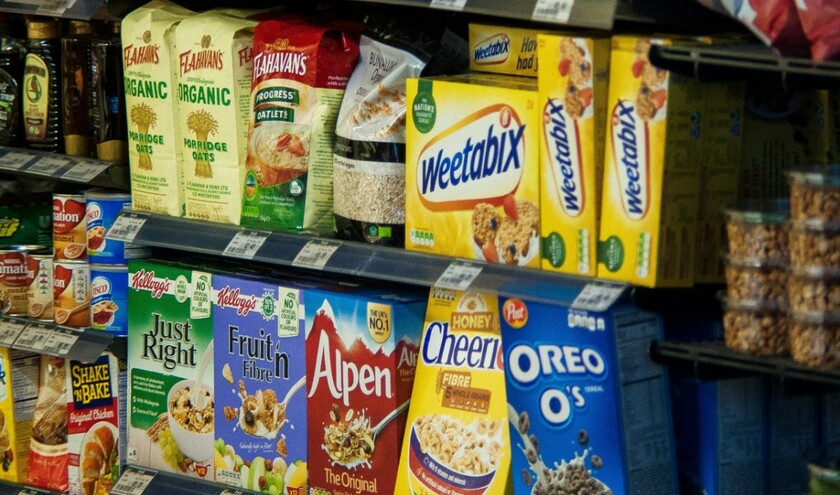A new Cochrane review, co-led by UCL researchers, examined evidence from 25 studies on the impact of calorie labelling on food selection and consumption.
The studies encompassed more than 10,000 participants from countries including Canada, France, the UK and the US.
They found that calorie labels in supermarkets, restaurants and other food outlets led to a small reduction in the calories people selected and purchased. The average reduction was 1.8%, which would equate to 11 calories in a 600 calorie meal or around two almonds.
Only two of the studies included alcoholic drinks, and their results were too uncertain to draw any meaningful conclusions, the researchers said.
Senior author, Dr Gareth Hollands from UCL's Faculty of Education & Society and University of Cambridge, said: ‘Our review suggests that calorie labelling leads to a modest reduction in the calories people purchase and consume.
‘This may have some impact on health at the population level, but calorie labelling is certainly no silver bullet. Our previous version of this review from 2018 reported a potentially larger effect but was inconclusive because there was significant uncertainty over the results. This update has reduced that uncertainty, and we can now say with confidence that there is very likely a real, albeit modest, effect.'
Lead author Dr Natasha Clarke, from Bath Spa University, added: ‘This review strengthens the evidence that calorie labelling can lead to small but consistent reductions in calorie selection.
‘While the overall impact on individual meals or food purchases may be modest, the evidence is robust.
‘The cumulative effect at a population level could make a meaningful contribution to public health, especially as calorie labelling becomes more widespread.'



